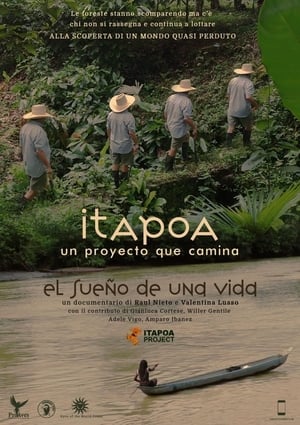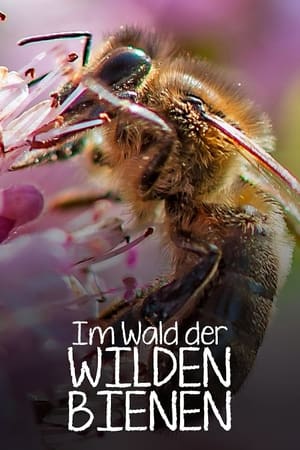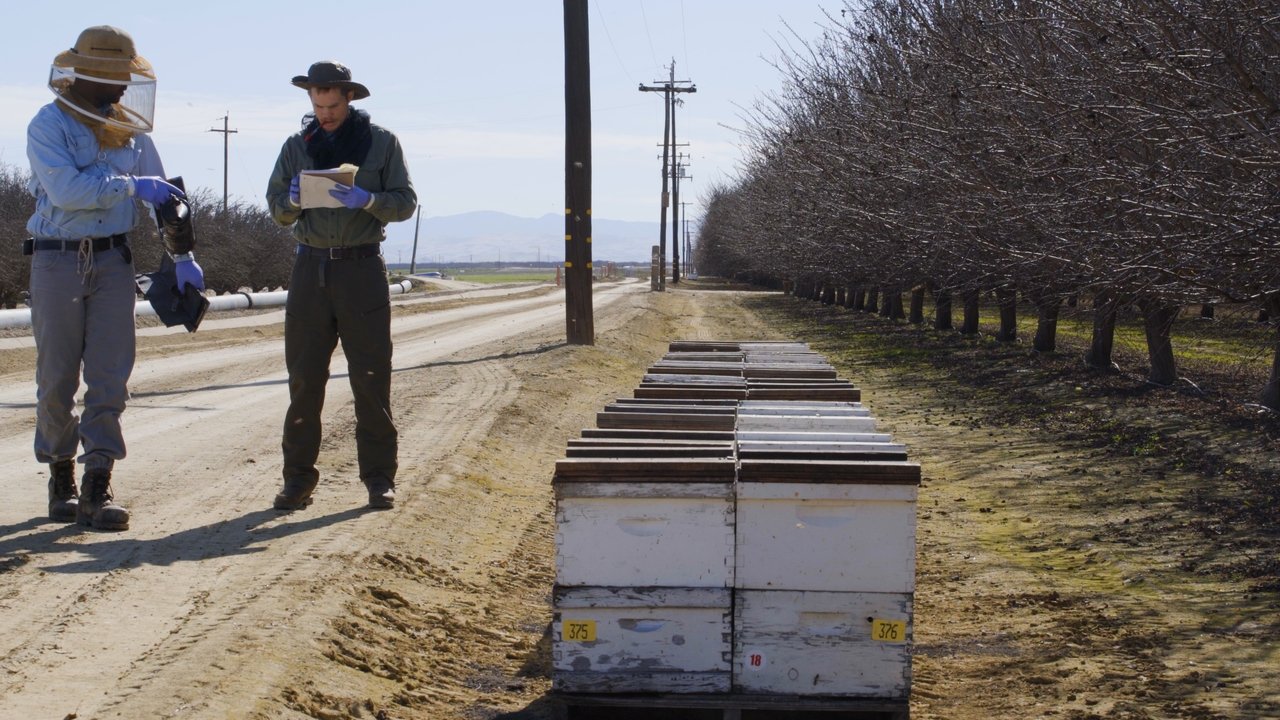

A World Without Bees?(2021)
There are numerous alerts and alarms. We now know that bees are endangered throughout the world. What are the possible solutions? How can humans respond to this situation? There are many answers, some are ubiquitous, some futuristic, others are innovative and still others embody unity and collectivity. Let's take a trip around the world to meet the different players and discover the possible solutions. The world of tomorrow will be found in the answers we find.
Movie: A World Without Bees?

Une terre sans abeilles?
HomePage
Overview
There are numerous alerts and alarms. We now know that bees are endangered throughout the world. What are the possible solutions? How can humans respond to this situation? There are many answers, some are ubiquitous, some futuristic, others are innovative and still others embody unity and collectivity. Let's take a trip around the world to meet the different players and discover the possible solutions. The world of tomorrow will be found in the answers we find.
Release Date
2021-01-01
Average
0
Rating:
0.0 startsTagline
Genres
Languages:
FrançaisKeywords
Similar Movies
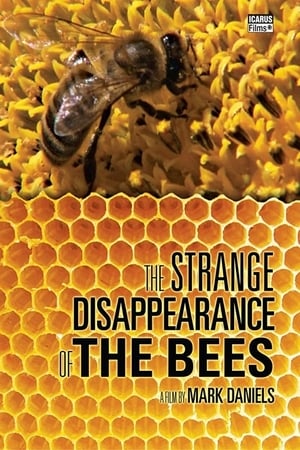 4.2
4.2The Strange Disappearance of the Bees(fr)
Investigation into a global ecological disaster that could endanger the entire human race. Today, a third of our food depends directly on bees, the most important agricultural pollinator* on our planet. Yet, for several years now, millions of bees have been mysteriously disappearing. Why? Will we be able to cope with this predicted catastrophe?
 0.0
0.0River of Gold(en)
Narrated by Academy Award winners Sissy Spacek and Herbie Hancock, River of Gold is the disturbing account of a clandestine journey into Peru's Amazon rainforest to uncover the savage unraveling of pristine jungle. What will be the fate of this critical region of priceless biodiversity as these extraordinarily beautiful forests are turned into a hellish wasteland?
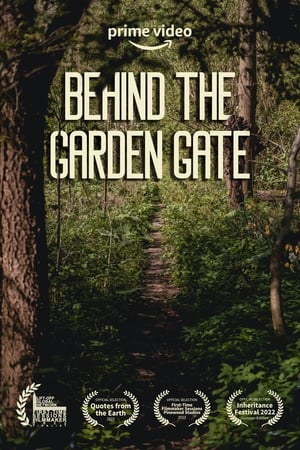 0.0
0.0Behind The Garden Gate(en)
'Behind The Garden Gate' is a documentary film about homegrown biodiversity and the challenges that come with it. In the 1970s Guus Lieberwerth and friends cleared a patch of agricultural wasteland in order to take care of rare and endangered plants and animals. Now, 50 years later nature is thriving within a hidden paradise just five minutes away from a city centre, but even closer to systemic pressures and land developers.
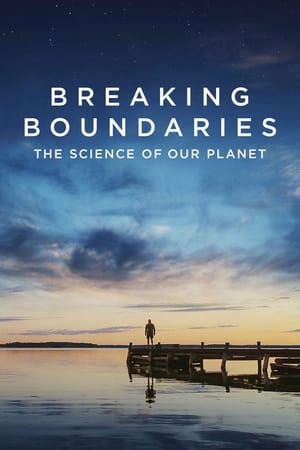 7.4
7.4Breaking Boundaries: The Science of Our Planet(en)
David Attenborough and scientist Johan Rockström examine Earth's biodiversity collapse and how this crisis can still be averted.
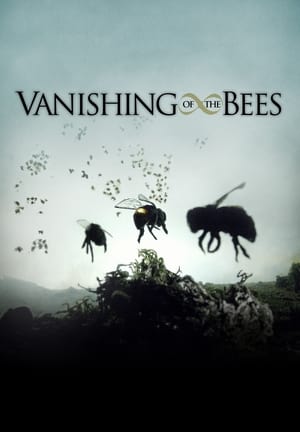 6.8
6.8Vanishing of the Bees(en)
This documentary takes a piercing investigative look at the economic, political and ecological implications of the worldwide disappearance of the honeybee. The film examines our current agricultural landscape and celebrates the ancient and sacred connection between man and the honeybee. The story highlights the positive changes that have resulted due to the tragic phenomenon known as "Colony Collapse Disorder." To empower the audience, the documentary provides viewers with tangible solutions they can apply to their everyday lives. Vanishing of the Bees unfolds as a dramatic tale of science and mystery, illuminating this extraordinary crisis and its greater meaning about the relationship between humankind and Mother Earth. The bees have a message - but will we listen?
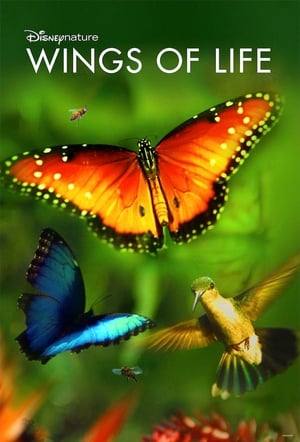 7.0
7.0Wings of Life(en)
A beautiful love story in danger. Our future depends on an amazing love story between the flowers and fauna consisting of bees, butterflies, birds and bats, which allow these species to reproduce. Delicate and graceful, the flowers are not content to be the ultimate symbol of beauty. On the contrary, their vibrant colors and their exotic flavors are so many wonders that attract pollinators and drunk with desire. All these animals are involved in a complex dance of seduction on which one third of our crops, a dance without which we could survive ... Pollen presents the unsung heroes of the global food chain. Their fantastic worlds are full of stories, drama and beauty. While a fragile and threatened, essential for the balance of the planet, it should now actively protect ...
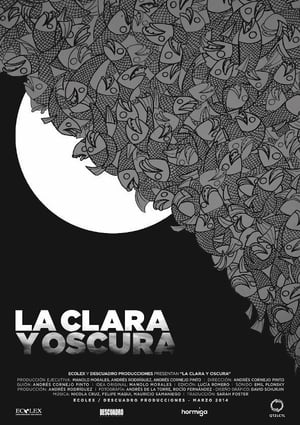 0.0
0.0La clara y oscura(en)
Salango is a small parish south of Manabí. What this land means to Ecuador, however, is huge. Its name is associated with the pre-Columbian legacy of the Manta Wancavilca cultures, the humpback whales that arrive each year to mate, the homonymous island and its coral reefs, the great wealth of marine fauna. It is there, in one of the places with the greatest archeological and environmental heritage of our country, where the Polar fishmeal processor has been operating for 35 years. What does not emerge from the idyllic postcards of the area is the foul smell that pollutes the air, the portrait of people sick from the factory's toxic wastes, the disgusting black smoke that flows into the sea directly from the processor pipeline. That is why it is the struggle of the few members of the community who have not given up and demand that Polar leave.
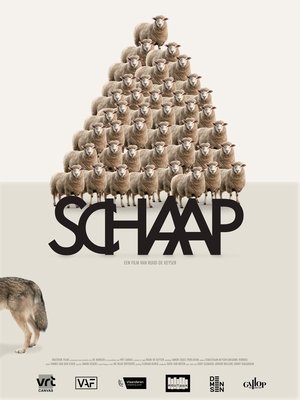 0.0
0.0Sheep(nl)
In the lush fields of northern Belgium, as winter tightens its grip, the sheep of Eddy, Jeroen, and Johny become silent witnesses of a hidden drama when a wolf is driven to the edges of human lands in search of sustenance. With the three human protagonists doing anything within their power to patronize their rights of existence, this film stands up for the least heard voice in Belgium’s brand new wolf territory: that of the bleating sheep.
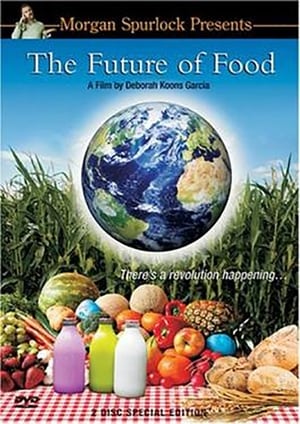 7.5
7.5The Future of Food(en)
Before compiling your next grocery list, you might want to watch filmmaker Deborah Koons Garcia's eye-opening documentary, which sheds light on a shadowy relationship between agriculture, big business and government. By examining the effects of biotechnology on the nation's smallest farmers, the film reveals the unappetizing truth about genetically modified foods: You could unknowingly be serving them for dinner.
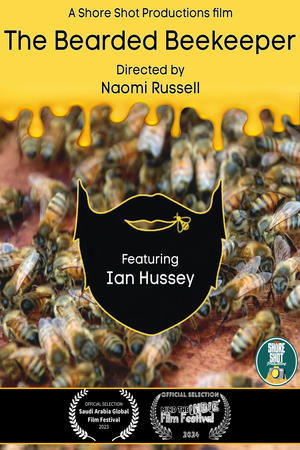 0.0
0.0The Bearded Beekeeper(en)
One thing to know about Newfoundland Honey, it's some of the cleanest in the world. There's no comparing it to what you're going to find on the shelves.
 0.0
0.0Jane Goodall: Reasons for Hope(en)
Jane Goodall-Reasons For hope is an uplifting journey with stories to inspire people to make a difference in the world. Three different conservation stories illustrate Jane's pillars of hope.
From the Interior, Colonized(en)
Vandana Shiva discusses biodiversity at the World Women’s Congress for a Healthy Planet in Miami, Nov. 1991 in advance of the Earth Summit. In a follow up workshop women devise policy. Wangari Maathai reads the final platform. At a concluding press conference, Peggy Antrobus underscores that the real issues were discussed by women in Miami, and will not be put forth in Rio.
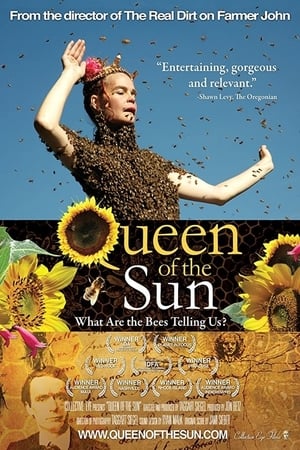 6.8
6.8Queen of the Sun(en)
In 1923, Rudolf Steiner, an Austrian scientist, philosopher & social innovator, predicted that in 80 to 100 years honeybees would collapse. Now, beekeepers around the United States and around the world are reporting an incredible loss of honeybees, a phenomenon deemed "Colony Collapse Disorder." This "pandemic" is indicated by bees disappearing in mass numbers from their hives with no clear single explanation. The queen is there, honey is there, but the bees are gone. For the first time, in an alarming inquiry into the insights behind Steiner's prediction QUEEN OF THE SUN: What Are the Bees Telling Us? investigates the long-term causes behind the dire global bee crisis through the eyes of biodynamic beekeepers, commercial beekeepers, scientists and philosophers.
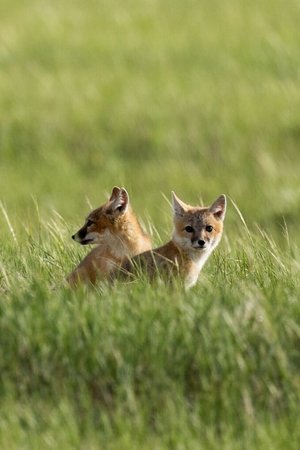 0.0
0.0The Return of Nóouhàh-Toka’na(en)
Nóouhàh-Toka’na, known as swift fox in English, once roamed the North American Great Plains from Canada to Texas. Like bison, pronghorn and other plains animals, Nóouhàh-Toka’na held cultural significance for the Native Americans who lived alongside them. But predator control programs in the mid-1900s reduced the foxes to just 10 percent of their native range. At the Fort Belknap Indian Community in Montana, members of the Aaniiih and Nakoda tribes are working with the Smithsonian’s National Zoo and Conservation Biology Institute and other conservation partners to restore biodiversity and return Nóouhàh-Toka’na to the land.
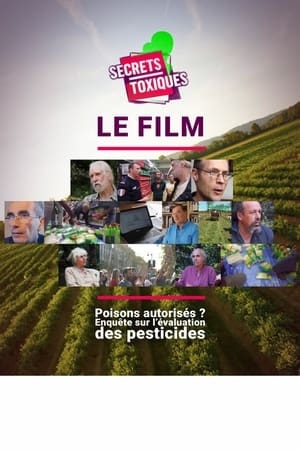 0.0
0.0Secrets toxiques(fr)
Increase of chronic diseases, loss of biodiversity, extinction of bees... for a few years, the consequences of pesticides mass use are compelling public opinion. How to explain their effects on human health and biodiversity, whereas EU regulations forbid the spread of every harmful product ?

